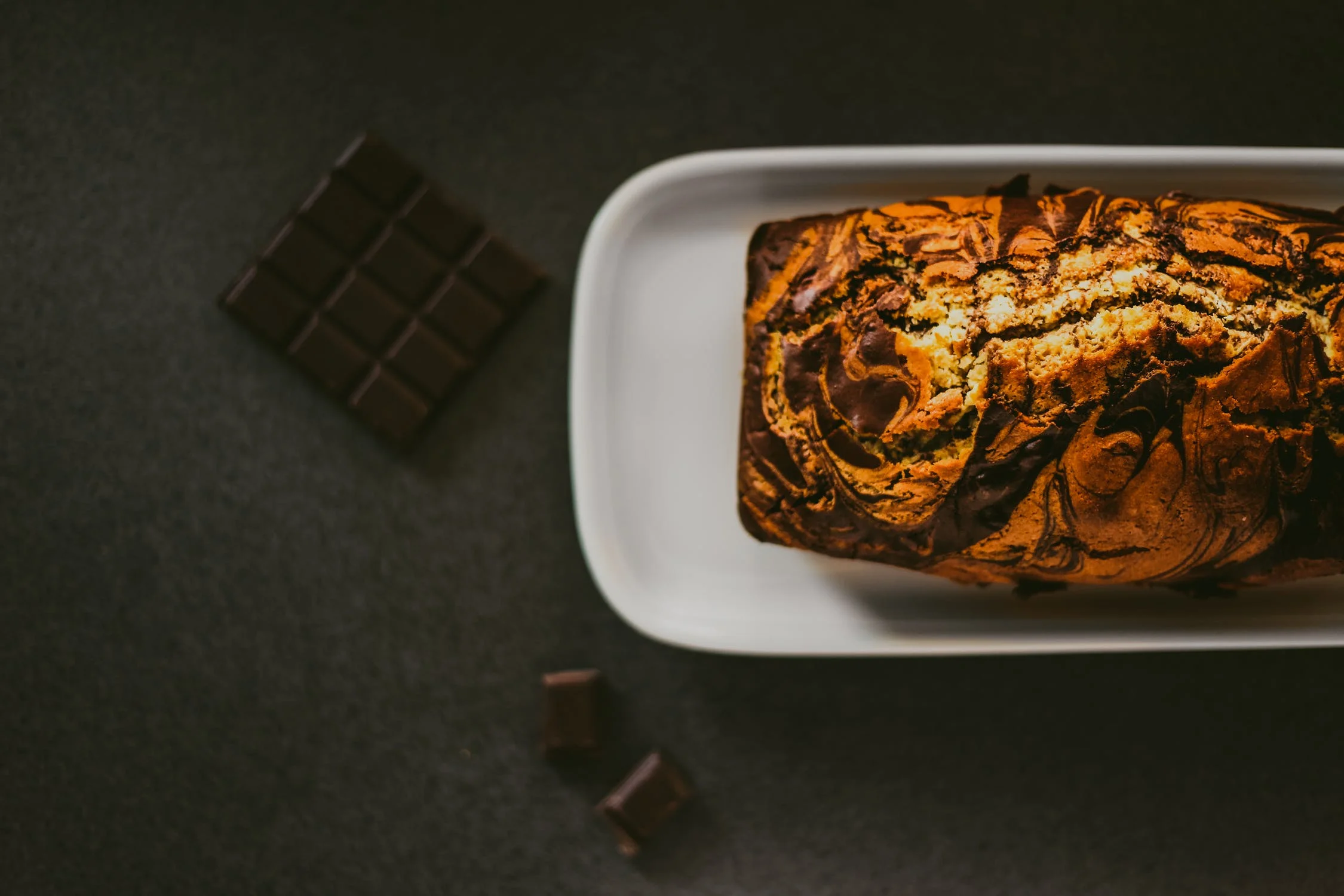Carbohydrates. Are they really the enemy?
Carbs have been demonized as of late. After all, they are largely to blame for the world’s obesity epidemic and the multitude of health problems that follow.
But are all crabs created equal?
Read this week’s post to discover the truth about carbohydrates before you swear off this misunderstood food group completely.
And as always, I welcome your feedback. Drop me a line and please share and like us on Facebook and be sure to subscribe to my YouTube channel.
Read More















